Retro Replay Review
Gameplay
Conquest of the New World delivers a layered turn-based strategy experience that will feel instantly familiar to fans of Civilization and Colonization, yet it carves out its own niche through unique mechanics and pacing. You begin each session commanding a single ship carrying a handful of units—explorers, soldiers, and artisans—tasked with finding an optimal landing point. From that moment on, exploration, settlement planning, diplomacy, and resource management become your daily bread.
(HEY YOU!! We hope you enjoy! We try not to run ads. So basically, this is a very expensive hobby running this site. Please consider joining us for updates, forums, and more. Network w/ us to make some cash or friends while retro gaming, and you can win some free retro games for posting. Okay, carry on 👍)
One of the standout features is the unit control system: instead of selecting a unit and clicking a destination tile, you drag an arrow from the unit toward the intended location. This drag-and-drop mechanic streamlines movement orders, especially when managing dozens of scouts and soldiers across uncharted terrain. Although unconventional for 4X games, this interface reduces repetitive clicking and allows you to issue batch orders with minimal delay.
Diplomacy and native relations add another strategic layer. Upon landing, you must decide whether to pursue peaceful trade or aggressive expansion. Trading furs, spices, and crafted goods improves your standing with local tribes, unlocking unique bonuses—advanced knowledge of the terrain, gifted units, or seasonal harvest boosts. Opting for a more militaristic approach can yield quicker territory gains, but beware the diplomatic repercussions, including uprisings and alliances forming against you.
Resource management in Conquest of the New World is robust without feeling overwhelming. You juggle lumber, food, gold, and more specialized goods like tobacco and sugar. Establishing a thriving colony requires careful city placement along rivers and coasts, optimizing production chains, and balancing workforce assignments between farming, mining, and military recruitment. As your settlements grow into bustling port cities, the game’s pacing accelerates, pushing you to adapt your strategy on multiple fronts.
Graphics
The visual style of Conquest of the New World embraces a detailed isometric tile layout reminiscent of early 90s strategy classics. The pixel art terrain—lush forests, winding rivers, and open plains—is rendered with enough variety to keep exploration engaging. Seasonal changes subtly alter the palette, from the rich greens of spring to the muted browns of winter, reinforcing the sense of colonial era authenticity.
Unit sprites are distinct and informative: indigenous tribespeople, European colonists, and mounted cavalry all sport unique silhouettes that make battlefield assessments quick and intuitive. Zoom levels allow you to admire the finer details of your colonists’ attire or zoom out for a bird’s eye view of sprawling city grids and trade routes. While the game doesn’t push modern GPU limits, its retro aesthetic holds timeless charm.
Buildings and city improvements are portrayed with clear icons that communicate function at a glance—markets, shipyards, forts, and farms each have visual cues that integrate seamlessly into the environment. Dynamic animations, such as smoke rising from chimneys or sails billowing in the wind, breathe life into otherwise static colonial towns. These small touches enhance immersion without overwhelming the game’s performance.
Menu screens and tooltips adopt a parchment-and-quill motif that complements the historical setting. Information is laid out in clean tables and panels, ensuring that in-depth data—trade yields, diplomatic standings, unit stats—is always accessible. Though the interface may feel dense to newcomers, tooltips and context-sensitive popups help flatten the learning curve.
Story
Conquest of the New World doesn’t follow a linear narrative but offers a sandbox scenario that simulates the Age of Discovery’s political and economic dynamics. Historical flavor comes through in random events—mutinous crews, diplomatic missions gone awry, or unexpected gold strikes—that force you to adapt on the fly. Each playthrough unfolds differently based on your decisions and the evolving map generation.
Scenario-based campaigns add additional structure for players seeking guided objectives. For example, you might reenact Columbus’s voyages, racing rival powers to claim Caribbean islands, or lead a small French contingent into the dense woodlands of North America. Each scenario comes with bespoke conditions, such as protecting native settlements or reaching a set population before royal funding expires.
Despite the absence of voiced cutscenes or scripted dialogue trees, the interplay of exploration, colonization, and diplomacy weaves its own emergent narratives. A peaceful trade agreement can spiral into all-out war when competing factions vie for the same gold mines, and sudden native uprisings can derail even the most meticulously planned empire. These unscripted twists keep the storyline fresh and player-driven.
The historical context is further enriched by a compendium of in-game encyclopedia entries covering cultural practices, flora and fauna, and period-accurate ship designs. While these entries don’t alter gameplay directly, they serve as an educational sidebar for history buffs and enhance the overall thematic cohesion.
Overall Experience
Conquest of the New World stands out as a deep, engaging 4X title that successfully blends exploration, diplomacy, and empire building into a cohesive package. Its unique unit control, robust resource mechanics, and dynamic native relations system distinguish it from contemporaries in the genre. Whether you prefer methodical expansion or aggressive conquest, the game offers multiple viable paths to victory.
The learning curve can be steep, especially for players new to turn-based strategy. However, a well-crafted tutorial and contextual tooltips guide you through the basics, and the drag-and-drop movement system soon feels intuitive. Multiplayer support further extends replayability, allowing competitive or cooperative colonization sessions with friends.
While the graphics and interface may lack the gloss of modern AAA titles, the retro-inspired art style and attention to detail create a timeless aesthetic that complements the historical theme. The soundtrack—featuring period instruments and folk melodies—further immerses you in the Age of Discovery ambiance.
In summary, Conquest of the New World is a rewarding purchase for strategy enthusiasts who relish deep mechanics, emergent storytelling, and the challenge of building an empire from the ground up. Its blend of familiar Civilization-style gameplay with novel twists makes it an enriching addition to any 4X aficionado’s library.
 Retro Replay Retro Replay gaming reviews, news, emulation, geek stuff and more!
Retro Replay Retro Replay gaming reviews, news, emulation, geek stuff and more!
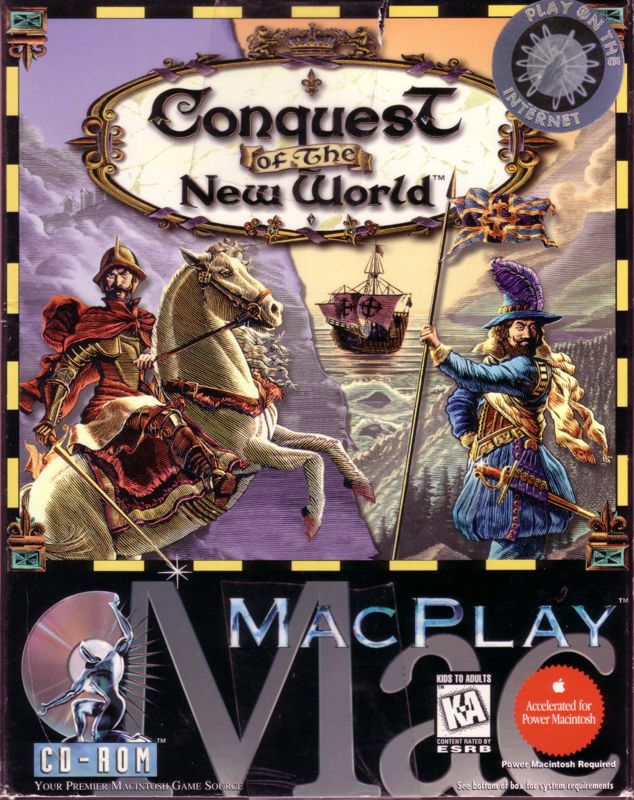


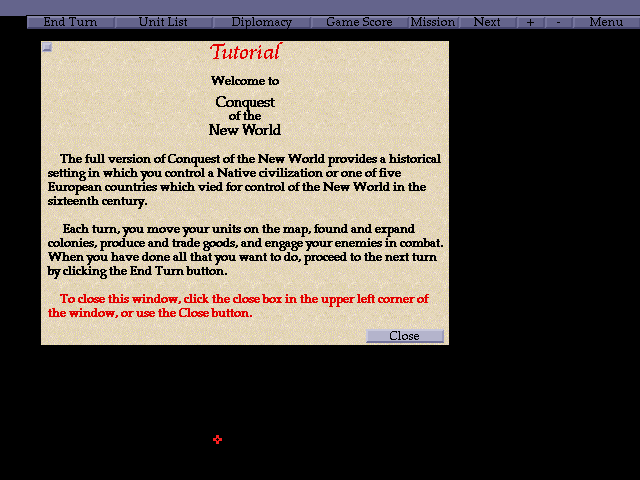
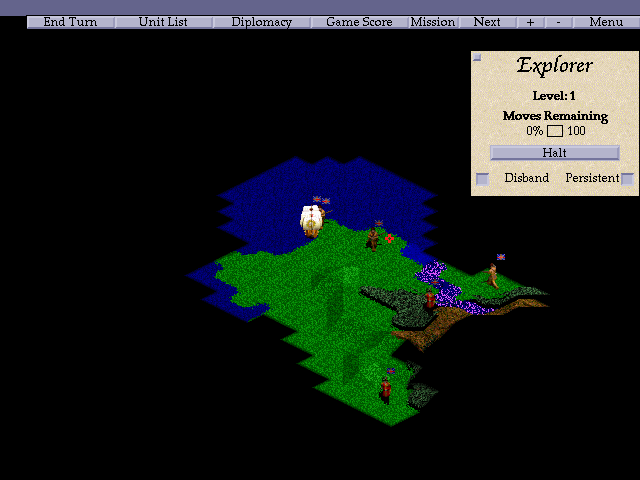
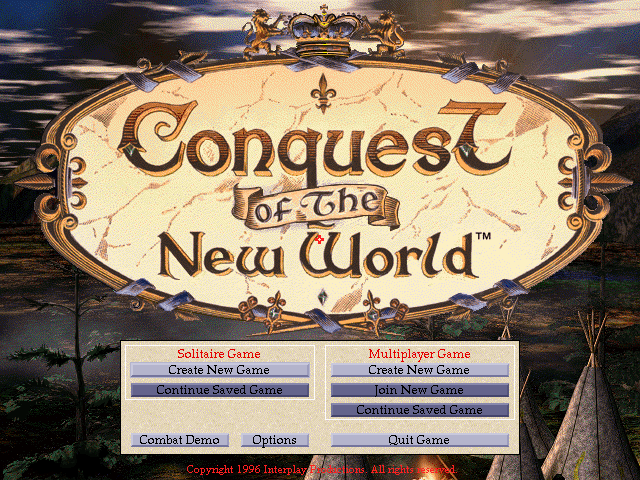
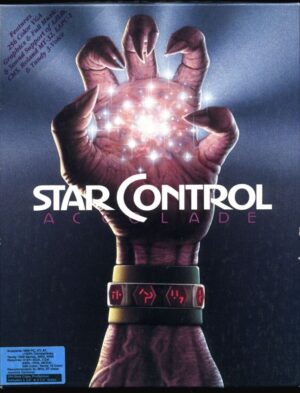


Reviews
There are no reviews yet.